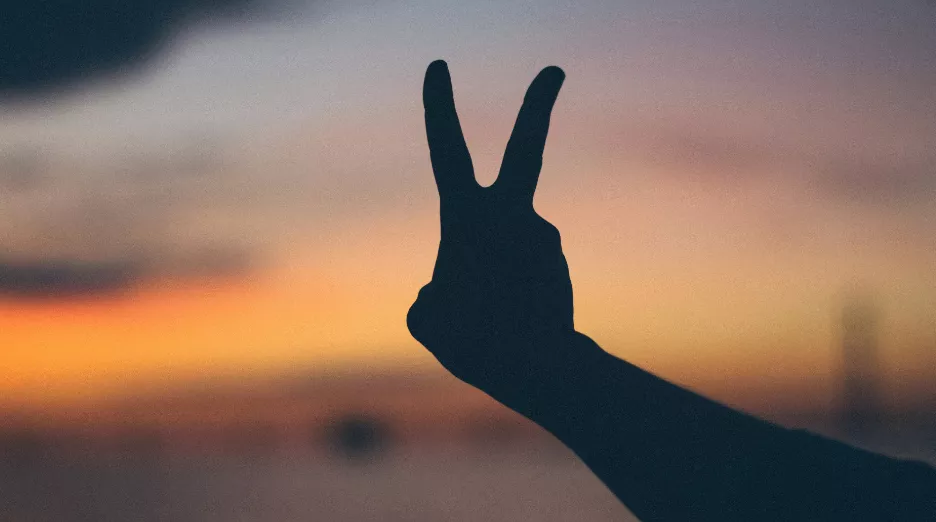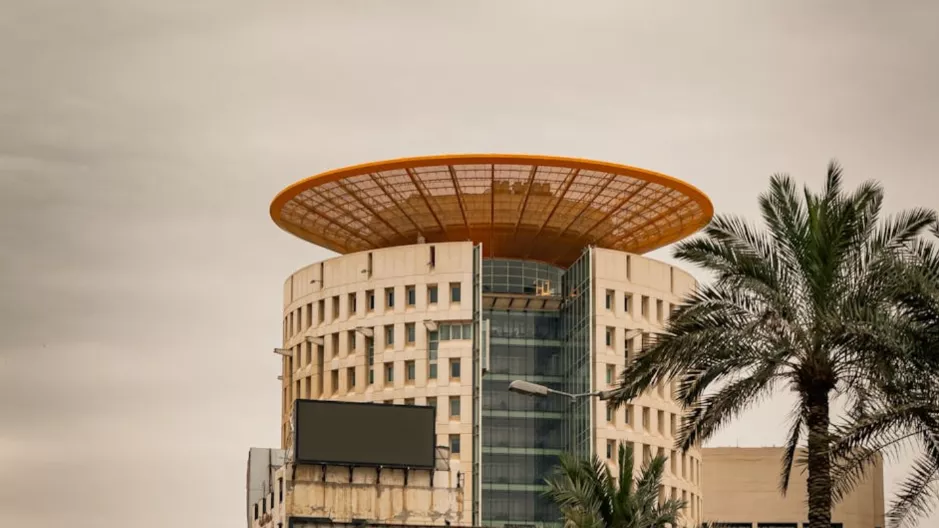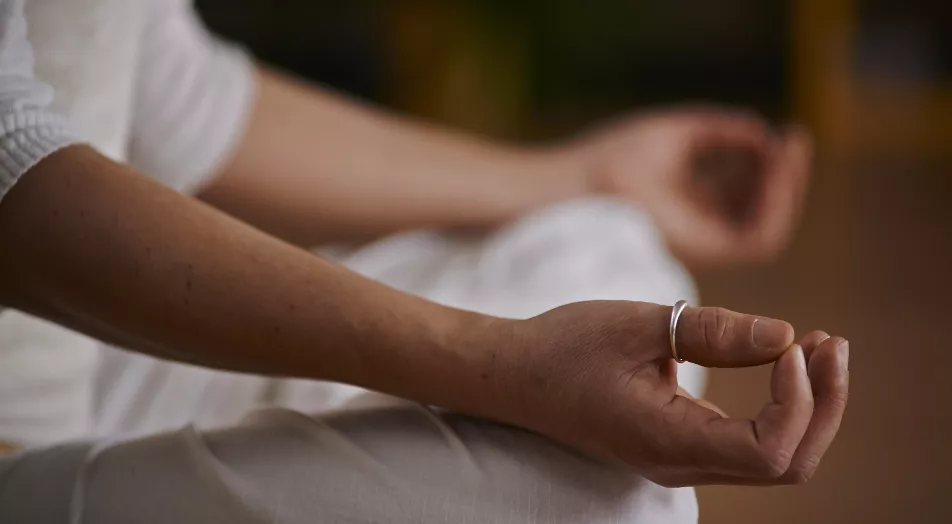Traveling isn’t just about seeing new places; it’s a chance to improve our mental health. With the hustle and bustle of daily life, taking a break and exploring new environments can do wonders for our well-being. In this article, we’ll dive into how mental health travel experiences can help us feel better, think clearer, and even spark creativity. Whether it’s a weekend getaway or a longer adventure, the benefits of travel are real and impactful.
Key Takeaways
- Travel can significantly lower stress levels, giving your mind a much-needed break.
- Experiencing new places often leads to a boost in happiness and overall mood.
- Traveling can inspire creativity by exposing you to different cultures and ideas.
- Engaging with local communities during your travels helps build connections and empathy.
- Taking time to reflect while traveling can lead to personal growth and a clearer perspective on life.
Mental Health Benefits of Travel
Travel isn’t just about seeing new places; it’s a real boost for your mental health. Getting away from the everyday grind can do wonders for your mind. Let’s look at some key benefits.
Stress Reduction
Travel is a fantastic way to cut down on stress. Stepping away from your usual routine and environment can bring a sense of calm. Think of it as a reset button for your mind. Studies have shown that even short trips can significantly lower stress levels. It’s like giving your brain a much-needed vacation, too!
Boost in Mood and Happiness
Exploring new places can seriously lift your spirits. When you’re out there experiencing different cultures and sights, it’s hard not to feel a sense of joy and excitement. It’s like a natural mood enhancer. Plus, planning a trip gives you something to look forward to, which can also boost your overall happiness.
Increased Creativity and Mindfulness
Being in a new environment can spark your creativity. When you’re surrounded by unfamiliar sights, sounds, and experiences, your brain starts making new connections. This can lead to fresh ideas and a more open mind. Travel also encourages mindfulness. You’re more likely to be present in the moment when you’re exploring a new place, which can help you appreciate the little things and reduce anxiety.
The Healing Power of Travel
Introduction to Travel as a Mental Health Booster
Have you ever noticed how a trip can just…reset you? It’s more than just a break; it’s like hitting the refresh button on your brain. Travel has always been seen as a fun escape, but now we’re realizing it’s a real tool for our minds. Getting out there, seeing new things, and diving into different cultures can seriously boost your mental state. It’s not just about the photos; it’s about how you feel. People often say that travel helps them find their footing again, giving them a sense of direction. Breaking free from the everyday grind can really clear your head and lower stress. It’s like your brain finally gets a chance to breathe. The benefits of traveling are real.
Personal Growth and Reflection
Travel isn’t just about seeing places; it’s about seeing yourself in new situations. It pushes you to adapt, to figure things out, and to rely on your own instincts. This can lead to some serious personal growth. You might discover strengths you never knew you had, or learn to handle challenges with more confidence. It’s a chance to reflect on your life, your goals, and what truly matters to you. Sometimes, getting away from your usual environment is the best way to gain clarity. It’s like you’re hitting pause on your life and getting a chance to re-evaluate everything.
Historical Perspective on Travel for Mental Well-being
Believe it or not, the idea of travel as a way to boost your mental health isn’t new. Way back in ancient times, people traveled for spiritual reasons, hoping to cleanse their minds and spirits. They’d visit sacred spots, believing that the journey itself could heal them. Then, in the 18th century, the “Grand Tour” became a thing for rich Europeans. It was seen as a must-do for personal growth, exposing them to art, culture, and history. This wasn’t just about learning; it was about feeling good too. The therapeutic potential of travel has been recognized for centuries.
Travel offers a unique opportunity to step outside of our comfort zones and experience the world in a new light. This can lead to increased self-awareness, a broader perspective, and a greater appreciation for the diversity of human experience.
Disconnect and Recharge
It’s easy to get caught up in the daily grind, constantly connected and always on. Travel offers a fantastic chance to hit pause, step away from the noise, and truly recharge. It’s about more than just a vacation; it’s about prioritizing your mental well-being by intentionally disconnecting.
Importance of Unplugging
In today’s world, constant connectivity can be a major source of stress. We’re bombarded with notifications, emails, and social media updates, making it hard to switch off. Unplugging allows you to be present in the moment, focus on your surroundings, and reduce feelings of being overwhelmed. Think of it as a digital detox for your mind.
Here’s a simple plan to get you started:
- Designate specific times for checking emails (maybe once a day).
- Turn off social media notifications.
- Leave your phone in your room while exploring.
Finding Peace in Nature
Nature has a remarkable ability to soothe the soul. Whether it’s the sound of waves crashing, the rustling of leaves in a forest, or the vastness of a mountain range, being in nature can help you relax and de-stress. Unplugged travel is a great way to experience this.
Spending time outdoors has been shown to lower blood pressure, reduce anxiety, and improve mood. It’s a simple yet powerful way to reconnect with yourself and the world around you.
Consider these activities:
- Hiking in a national park
- Spending a day at the beach
- Visiting a botanical garden
Creating Space for Reflection
Travel provides a unique opportunity for self-reflection. Being away from your usual environment can give you a fresh perspective on your life, your goals, and your relationships. It’s a chance to ask yourself important questions and gain clarity about what truly matters.
Here are some ways to incorporate reflection into your travels:
- Journaling: Write down your thoughts, feelings, and experiences.
- Meditation: Find a quiet place to meditate and focus on your breath.
- Mindful walking: Pay attention to your surroundings and your body as you walk.
Exploring New Cultures
Traveling is more than just seeing new places; it’s about opening your mind to different ways of life. It’s about experiencing how other people live, what they value, and how they see the world. This can have a huge impact on your mental well-being.
Engaging with Local Communities
Getting involved with local communities can really deepen your travel experience. Instead of just being a tourist, you become a participant. This could mean volunteering for a local cause, attending a community event, or even just striking up conversations with residents. These interactions can give you a sense of belonging and purpose, making your travel experience more meaningful. It’s a great way to build social networks and learn about different customs.
Learning Through Cultural Exchange
Cultural exchange is a two-way street. It’s not just about you learning about a new culture, but also about sharing your own. This can happen through simple interactions, like explaining a tradition from your home country or even just answering questions about your life. These exchanges can help break down stereotypes and build bridges between people from different backgrounds. Cultural exchange can broaden your perspective and help you see the world in a new light.
Building Empathy and Understanding
When you travel and immerse yourself in different cultures, you start to see the world through other people’s eyes. You begin to understand their struggles, their joys, and their perspectives. This can lead to greater empathy and compassion, which are essential for building strong relationships and creating a more just and equitable world.
Here’s a simple breakdown of how travel can boost empathy:
- Seeing different living conditions: Helps you appreciate what you have and understand the challenges others face.
- Hearing different stories: Broadens your understanding of human experiences.
- Experiencing different customs: Encourages you to question your own assumptions and biases.
Self-Discovery Through Travel
Travel isn’t just about seeing new places; it’s a powerful tool for understanding yourself better. It pushes you to confront the unfamiliar, which can lead to significant personal breakthroughs. It’s about more than just ticking off destinations on a list; it’s about the journey inward.
Building Confidence and Resilience
Traveling throws curveballs. Missed trains, language barriers, unexpected detours – they’re all part of the experience. Overcoming these challenges builds confidence and resilience. It proves to you that you can handle whatever life throws your way. Think of it as a crash course in problem-solving and self-reliance. It’s amazing how much stronger you feel after successfully navigating a foreign city on your own.
Navigating New Challenges
Stepping outside your comfort zone is where the magic happens. It’s easy to stay in your routine, but travel forces you to adapt. Trying new foods, figuring out public transportation in a different country, or even just talking to strangers can be surprisingly rewarding.
Here’s a quick look at how new activities can help:
- Trying local cuisine: Sampling street food in a foreign country expands taste preferences.
- Engaging with locals: Participating in community events improves social skills.
- Exploring new activities: Taking a dance or cooking class abroad helps discover new hobbies.
Reflecting on Personal Growth
Travel provides the space and distance needed for introspection. Away from the daily grind, you can reassess your goals, relationships, and priorities. It’s a chance to ask yourself the big questions and gain clarity about what truly matters.
Travel is like hitting the reset button on your life. It gives you a fresh perspective and the opportunity to make positive changes.
Here are some reflection activities:
- Journaling during travel: Discovering desires or challenges.
- Meditation in nature: Achieving inner peace.
- Engaging with different perspectives: Understanding personal values.
How Travel Changes Our Perspective

Gaining New Insights
Travel really messes with your head, in a good way. It’s like, you’re stuck in your routine, seeing the same stuff every day, and then BAM! You’re in a totally different place, with different people, different food, different everything. This sudden change can give you some serious new insights into, well, just about anything. It’s like shaking up a snow globe and seeing all the pieces fall into a new pattern. I remember being in Kyoto, Japan, and seeing how much they valued tradition while still embracing technology. It made me think about how we often throw away the old for the new without really considering what we’re losing. It’s those kinds of moments that stick with you.
Reassessing Life Priorities
Ever feel like you’re just running on a hamster wheel? Work, bills, chores… it’s easy to get caught up in the daily grind and forget what’s really important. Travel has a way of hitting the reset button. When you’re staring at the remote destinations or hiking through a rainforest, those everyday worries seem a lot smaller. You start to think about what you really want out of life. Is it that promotion, or is it spending more time with family? Is it buying more stuff, or is it having more experiences? For me, it was realizing that I was working way too hard and not enjoying life enough. So, I made some changes. I started saying “no” to extra projects at work and started saying “yes” to more adventures. It’s been a game-changer.
Finding Clarity in Distance
Sometimes, you just need to get away from it all to see things clearly. It’s like trying to read a book when you’re standing too close to the page – you can’t make out the words. But when you step back, everything comes into focus. Travel provides that distance, both physically and mentally. You’re away from your usual stressors, your usual distractions, your usual everything. And in that space, you can start to sort through your thoughts and feelings. You can figure out what’s really bothering you, what you really want, and what you need to do to get there. It’s not always easy, but it’s always worth it. I find that travel experiences help me to find clarity in my life.
I think it’s important to remember that travel isn’t just about seeing new places. It’s about seeing yourself in a new light. It’s about challenging your assumptions, expanding your horizons, and coming home with a fresh perspective on life. And that’s something that no amount of money can buy.
Making Travel Work for Our Mental Health
Not all trips are created equal when it comes to boosting your mental state. It’s not just about going somewhere; it’s about how you travel and what you prioritize. Let’s look at some ways to make sure your next trip is a real investment in your well-being.
Choosing the Right Destinations
The destination matters. Think about what you need. Are you craving peace and quiet? A bustling city might not be the best choice. Do you want adventure and excitement? A remote cabin might leave you feeling isolated. Consider destinations that align with your mental health goals. For example, if you’re looking to de-stress, a nature-focused trip might be ideal. If you want to challenge yourself, consider a place with a different culture and language.
Planning for Mental Well-Being
Don’t over-schedule! Leave room for spontaneity and relaxation. It’s tempting to pack every minute with activities, but that can lead to stress and burnout. Build in downtime for reading, reflection, or simply enjoying the scenery.
Here are some things to consider when planning:
- Limit screen time: Designate specific times for checking emails and social media, and resist the urge to constantly be connected.
- Pack light: Lugging around heavy bags can be physically and mentally draining. Pack only what you need.
- Plan for healthy meals: Eating well can have a big impact on your mood and energy levels. Research local restaurants or pack healthy snacks.
Travel should be a break from the everyday, not a continuation of it. By planning with your mental health in mind, you can create a trip that truly rejuvenates you.
Incorporating Mindfulness into Travel
Mindfulness can transform your travel experience. Instead of rushing from one sight to the next, take the time to truly appreciate your surroundings. Pay attention to the sights, sounds, smells, and tastes. Engage with the present moment. Try these simple techniques:
- Practice mindful walking: Focus on the sensation of your feet on the ground and the movement of your body.
- Engage in mindful eating: Savor each bite and pay attention to the flavors and textures.
- Practice gratitude: Take a few moments each day to reflect on what you’re grateful for. Taking vacations is a great way to improve your mental health.
Final Thoughts on Travel and Mental Health
In the end, traveling can really change how we feel about life. It’s not just about seeing new places; it’s about how those experiences stick with us long after we’re back home. The memories we make while traveling can help us through tough times and give us a fresh outlook on our everyday lives. So, when you think about planning your next trip, remember it’s more than just a getaway. It’s an investment in your mental health. Whether it’s a weekend road trip or a week in another country, those moments can bring joy, reduce stress, and spark creativity. So go ahead, pack your bags, and take that trip. Your mind will thank you.
Frequently Asked Questions
What are the mental health benefits of traveling?
Traveling can help reduce stress, improve your mood, and boost creativity. It allows you to take a break from daily routines and experience new things, which can make you feel happier and more relaxed.
How does travel help with stress relief?
When you travel, you step away from your everyday life. This break can lower stress levels and help you feel more at peace. Studies show that vacations can significantly reduce stress.
Can traveling improve my mood?
Yes! The excitement of planning a trip and discovering new places can make you feel happier. Many people report feeling more satisfied with life after traveling.
What is the impact of travel on personal growth?
Travel can help you learn about yourself and build confidence. Facing new challenges while traveling can make you stronger and more resilient.
How does exploring new cultures affect mental health?
Engaging with different cultures can increase your empathy and understanding of others. This can lead to a greater appreciation for your own life and surroundings.
What should I consider for mental health when planning a trip?
Choose destinations that allow you to disconnect and relax. Plan time for spontaneity and be mindful during your travels to fully enjoy the experience.





